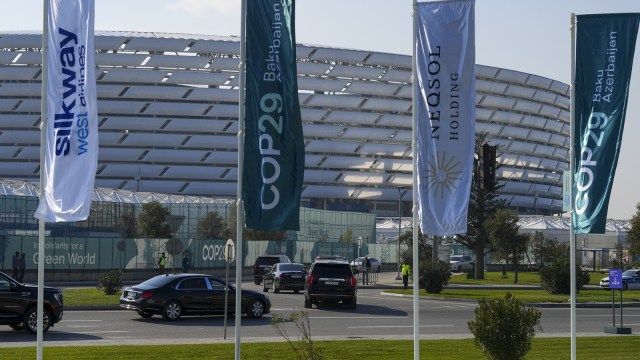COP29: Small Victory For Carbon Markets as Developed Nations Show Willingness to Agree On Standards

Baku, December 12, 2023 – A breakthrough was achieved at the COP29 conference on Monday night as participating nations approved two new standards and rules relating to carbon markets that have been pending for over a year. The approval marks a significant step forward in the operationalisation of carbon markets, an essential part of the 2015 Paris Agreement aimed at reducing global emissions.
According to Simon Steil, executive secretary of UN Climate Change, the agreement is considered a breakthrough as it will enable countries to implement their climate plans faster and cheaper, driving down emissions. However, many more steps are needed to achieve a comprehensive finance agreement, which was another major outcome expected from COP29.
The G77-plus China grouping, representing over 130 developing countries, rejected an initial draft proposal on the finance agreement, calling for a new version. Developing countries, including India, have been demanding at least $1 trillion per year in climate action funding from 2026. The group wants this amount to be increased to $1.3 trillion annually and for investments in clean energy technologies to be counted towards it.
Developed countries have committed to providing $100 billion every year in aid to developing nations starting from 2026, a figure that is widely considered inadequate by many developing countries.
"This is not some bit of arcane UN bureaucracy," Steil stressed. "When operational, these carbon markets will help countries implement their climate plans, faster and cheaper, driving down emissions."
However, the biggest challenge remains in achieving a comprehensive finance agreement. Despite progress on standards for carbon markets, significant differences between developed and developing nations continue to plague negotiations.
The G77 group has called for new financial flows that meet several key criteria: they must be entirely new and additional, predictable, adequate, affordable, grant-based and non-debt-inducing. Developing countries are also demanding that arrears be delivered in addition to the NCQG (New Collective Quantitative Goal on finance).
India, a key player in these negotiations, has stated that meeting the demands of developing nations will be crucial for success at COP29. The country is vocal about the need for adequate finances for the global south and wants balance between mitigation and adaptation actions.
As the negotiations enter their final stages, it remains to be seen if developed countries will agree on a comprehensive finance agreement that meets the demands of developing nations. With no progress in this area, hopes for a strong outcoming from COP29 are growing increasingly guarded.
